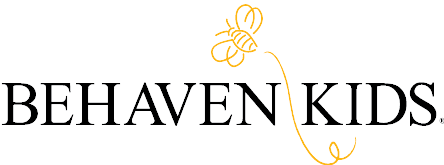
Now more than ever, Autism is a hot button topic with in politics, education, and many other areas. During Autism Acceptance Month especially, we want to remind everyone that words we use to talk about Autism have a powerful impact on how autistic individuals are perceived and treated. It is important to center voices from the autistic community and to use language that is respectful, inclusive, and empowering.
Here are some key tips to remember when speaking about Autism:
1. Identity-First vs. Person-First Language
- Some people prefer identity-first language (e.g., “autistic person”) because autism is a core part of who they are.
- Others prefer person-first language (e.g., “person with autism”) to emphasize their individuality beyond the diagnosis.
- Best practice: Ask individuals how they identify and honor their preference.
2. Avoid Deficit-Framing
Phrases like “suffers from autism” or “burden to society” are harmful and inaccurate. Many popular narratives in the media currently center Autism as a “disease” or even an “epidemic”, Autism is a neurodevelopmental difference — not a disease or tragedy.
Use strengths-based language, such as “neurodivergent,” “autistic,” or “on the autism spectrum.”
3. Autism Representation Matters
The words we choose shape societal understanding. Positive, inclusive language helps:
- Reduce stigma
- Encourage acceptance (not just awareness)
- Empower autistic people to share their experiences and advocate for their rights
While we encourage autistic individuals to be the first to communicate on behalf of their own community, we also encourage you to speak out and speak up when representation may not be painting their community in the best light.
4. Better Approach:
Instead of saying:
“He’s high-functioning.”
Try:
“He’s an autistic person who communicates verbally and needs minimal support.”
Instead of:
“She suffers from autism.”
Try:
“She is autistic and brings a unique perspective to her community.”
As we observe Autism Acceptance Month, let’s remember that our words are more than just labels — they carry weight, shape perspectives, and influence how society treats autistic individuals. By choosing inclusive, respectful language, we move beyond outdated stereotypes and toward a future built on acceptance.
Every conversation is an opportunity to make a difference. Whether you’re an educator, parent, healthcare provider, or ally, your commitment to using thoughtful language helps create a more inclusive world where autistic people are not only accepted, but celebrated for who they are. We encourage everyone to continue listening, learning, and lifting up autistic voices, not just in April, but all year round.
